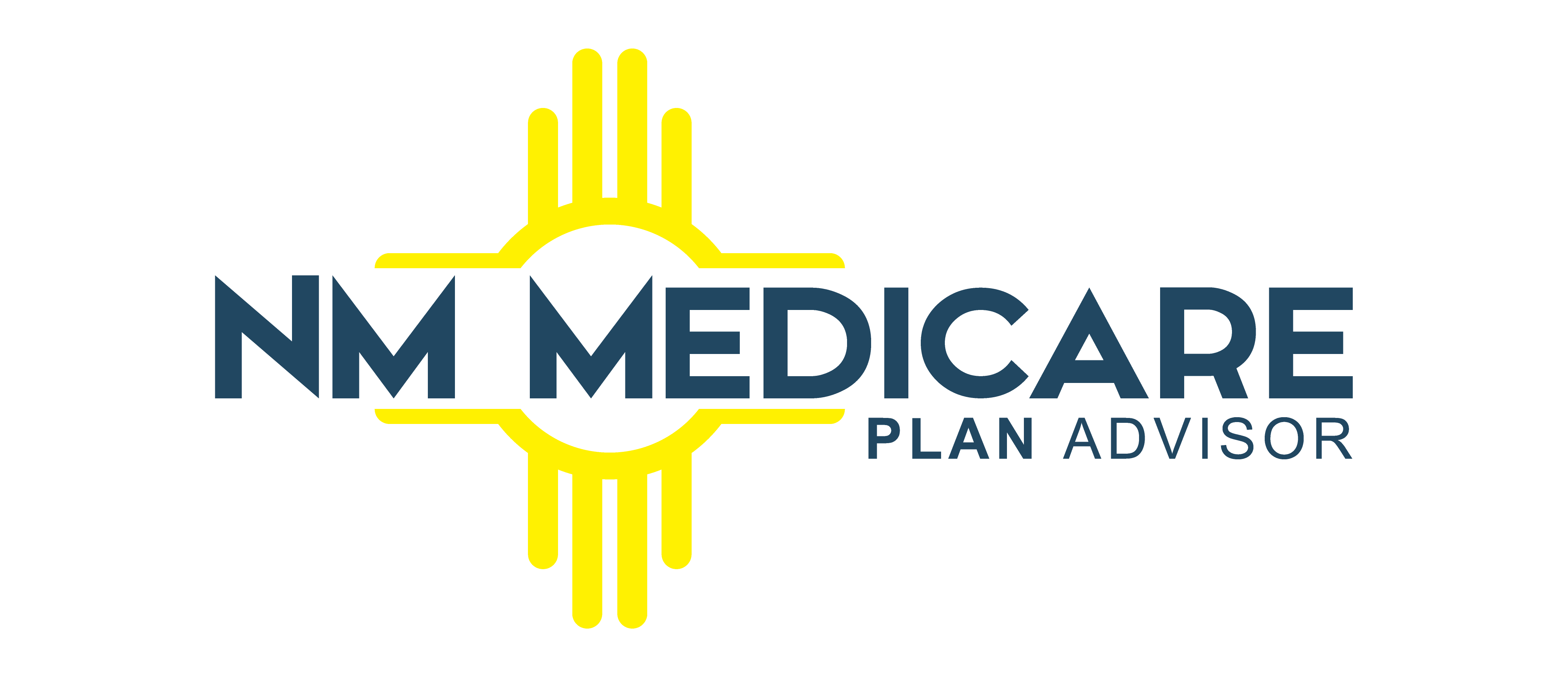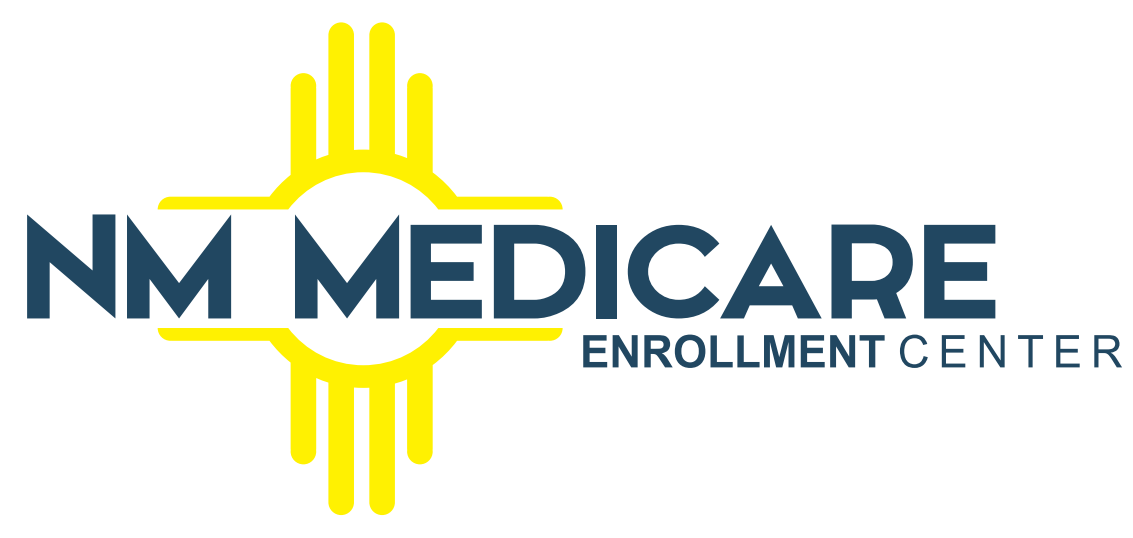Hearing loss can be a significant challenge, especially as we age. If you’ve ever found yourself struggling to hear in conversations or turning the TV volume up way higher than your family would like, you might be considering hearing aids. But here’s the million-dollar question: Does Medicare cover hearing aids?
It’s not a straightforward yes or no answer, and that’s where things can get confusing. Whether you’re planning for your future healthcare needs or helping a loved one navigate Medicare, you’ll want all the facts. Let’s dive in and break it all down in this comprehensive guide. We’ll cover everything from Medicare plans to costs, coverage alternatives, and tips on how to manage hearing aid expenses.
What is Medicare?
Before we jump into the specifics of hearing aids, let’s quickly refresh what Medicare is. Medicare is a federal health insurance program primarily for people aged 65 and older, though it also covers some younger people with disabilities or specific health conditions like End-Stage Renal Disease.
There are four parts of Medicare:
- Part A covers hospital insurance
- Part B covers medical insurance
- Part C (Medicare Advantage) is an all-in-one alternative to Original Medicare
- Part D covers prescription drugs
Does Original Medicare Cover Hearing Aids?
The short answer? No, Original Medicare (Part A and Part B) does not cover the cost of hearing aids or the exams required to fit them. It might sound frustrating, especially considering how common hearing loss becomes as we age.
Hearing aids, unfortunately, fall under the category of “routine hearing services,” and Medicare excludes these. That means if you need a hearing aid or a routine hearing exam, Medicare won’t help foot the bill.
Why Doesn’t Medicare Cover Hearing Aids?
It may seem strange, but when Medicare was established back in 1965, hearing aids weren’t considered essential medical devices. At that time, Medicare wasn’t designed to cover many preventive or non-life-threatening services, such as dental, vision, or hearing.
Fast forward to today, and we know how crucial hearing is to our quality of life. Still, hearing aids remain excluded from Original Medicare coverage. There have been pushes in Congress to change this, but nothing has passed into law yet.
What About Medicare Part B?
Unfortunately, Medicare Part B won’t come to the rescue when it comes to hearing aids either. While Part B does cover diagnostic hearing exams if your doctor orders one to determine whether you need medical treatment, it won’t cover the hearing aids themselves or the exams needed to fit them.
Does Medicare Part C Cover Hearing Aids?
Now we’re getting somewhere! Medicare Part C (also known as Medicare Advantage) is where things can change. Unlike Original Medicare, Medicare Advantage plans are offered by private insurance companies and must provide the same coverage as Medicare Part A and B. However, many Medicare Advantage plans offer additional benefits, including hearing, dental, and vision coverage.
So, if you have a Medicare Advantage plan or are considering switching to one, you may be able to get coverage for hearing aids! The level of coverage varies by plan, so it’s essential to review the details of your specific plan or speak with your insurance provider to understand what’s included.
How Much Do Hearing Aids Cost Out-of-Pocket?
If Medicare doesn’t cover your hearing aids, how much should you expect to pay? The cost of hearing aids can vary dramatically depending on the type, technology, and features. On average, a pair of hearing aids can range from $1,000 to $6,000, with higher-end models featuring advanced technology like Bluetooth connectivity, noise cancellation, and rechargeable batteries.
It’s important to remember that the initial price usually includes follow-up visits for fitting, programming, and routine checkups, so you’re getting more than just the device itself.
Are There Affordable Alternatives to Medicare for Hearing Aid Coverage?
If you’re not covered by Medicare Advantage and the cost of hearing aids seems overwhelming, don’t worry—there are other ways to help manage the cost.
1. Medicaid
If you qualify for Medicaid, it might cover some or all of the costs associated with hearing aids, depending on your state’s rules. Each state has its own Medicaid program, so coverage and eligibility requirements will vary.
2. Hearing Aid Discount Programs
Many retailers and manufacturers offer discounts or financing options for hearing aids. Some organizations, such as the Hearing Loss Association of America (HLAA), also offer resources to help people access affordable hearing aids.
3. Veterans Affairs (VA)
If you’re a veteran, the VA might cover the cost of your hearing aids. The VA offers extensive hearing care services, including testing, hearing aids, repairs, and batteries at little to no cost.
4. Private Health Insurance
Some private health insurance policies cover hearing aids. It’s a good idea to check with your provider to see if hearing aids are included in your plan.
How to Choose a Medicare Advantage Plan for Hearing Aid Coverage
If you’re shopping for a Medicare Advantage plan that covers hearing aids, here are a few key steps to follow:
1. Compare Plans
Look for Medicare Advantage plans in your area that offer hearing coverage. Each plan is different, so you’ll want to compare them side by side to see what each offers for hearing aids, exams, and follow-up services.
2. Understand Costs
Pay attention to the details, including deductibles, copayments, and annual coverage limits. Some plans may cover only a portion of the hearing aid costs, while others may cover the entire expense.
3. Network of Providers
Make sure that the plan you’re considering has a network of hearing specialists near you, or allows you to choose the provider you prefer.
4. Evaluate Additional Benefits
Hearing coverage isn’t the only extra that some Medicare Advantage plans offer. Take the time to review other potential benefits, such as vision or dental coverage, to maximize the value of your plan.
The Process of Getting Hearing Aids with Medicare Advantage
If you have a Medicare Advantage plan that covers hearing aids, what’s the next step? Here’s a quick rundown of the process:
- See Your Primary Care Doctor: You’ll likely need a referral from your primary care doctor to see a hearing specialist.
- Visit an Audiologist or ENT Specialist: They will assess your hearing and recommend the best type of hearing aids for you.
- Get Fitted for Hearing Aids: Once you choose your hearing aids, the specialist will fit them to your ears and adjust them for maximum comfort and effectiveness.
- Follow-Up Appointments: Hearing aids typically require fine-tuning over time, so don’t be surprised if you need several follow-up appointments to get everything just right.
What Are My Options If I Can’t Afford Hearing Aids?
Let’s face it—hearing aids can be expensive, and not everyone has the budget for them. If you’re in this situation, don’t lose hope! There are several ways to make hearing aids more affordable:
1. Look into Financial Assistance Programs
There are many non-profits and local organizations that offer financial aid for hearing aids. Lions Clubs, Sertoma, and Hearing Charities of America are a few organizations that may be able to help.
2. Consider Used or Refurbished Hearing Aids
Used or refurbished hearing aids can be a cost-effective option. Many hearing aid retailers and audiologists offer refurbished devices at a lower cost, and they often come with a warranty.
3. Over-the-Counter (OTC) Hearing Aids
With the FDA’s approval of over-the-counter hearing aids, people with mild to moderate hearing loss can now purchase hearing aids without a prescription. OTC hearing aids are expected to be more affordable, but they won’t be suitable for everyone, especially if you have severe hearing loss.
What to Do If You’re Experiencing Hearing Loss
If you’re struggling with hearing loss, it’s essential to take action early. Here’s a step-by-step guide on what to do:
- Schedule a Hearing Test: Talk to your doctor or an audiologist to get your hearing evaluated.
- Discuss Your Options: Depending on the results of your hearing test, your doctor or audiologist can recommend hearing aids or other treatment options.
- Explore Coverage: If you’re on Medicare, review your current plan or consider switching to a Medicare Advantage plan that covers hearing aids.
- Consider Financial Assistance: Look into financial assistance programs, discounts, and other ways to make hearing aids more affordable.
The Benefits of Treating Hearing Loss
Treating hearing loss doesn’t just improve your ability to hear—it can have a profound effect on your overall well-being. Some benefits include:
- Improved Relationships: Hearing aids can help you engage more easily in conversations, improving your relationships with friends and family.
- Better Cognitive Function: Untreated hearing loss has been linked to cognitive decline and dementia. By treating hearing loss, you’re helping protect your brain health.
- Enhanced Quality of Life: Whether it’s participating in social activities, enjoying music, or simply hearing the sounds around you, hearing aids can significantly improve your day-to-day experiences.

Conclusion
So, does Medicare cover hearing aids? The answer is not quite what we might hope. Original Medicare doesn’t cover hearing aids, but some Medicare Advantage plans do. If you’re navigating hearing loss, it’s essential to explore your options, whether it’s finding the right insurance coverage or looking into financial assistance programs.
Remember, taking care of your hearing isn’t just about hearing better—it’s about living better. If you think you may need hearing aids, take that first step, get your hearing checked, and explore the options that work best for your needs and budget.
At New Mexico Medicare Plan Advisor, we’re here to help you navigate your Medicare options and find a plan that suits your healthcare needs, including hearing aid coverage. Our experienced agents are just a phone call away, ready to answer your questions and guide you through the process.
Take control of your health today! Contact us to speak with one of our knowledgeable agents and get personalized assistance in finding the Medicare plan that works best for you.
FAQs
1. Can I get free hearing aids through Medicare?
No, Original Medicare doesn’t cover hearing aids. However, some Medicare Advantage plans may offer partial or full coverage for hearing aids.
2. How often can I get new hearing aids with Medicare Advantage?
It depends on your plan. Some Medicare Advantage plans allow you to get new hearing aids every three to five years.
3. Do over-the-counter hearing aids work as well as prescription hearing aids?
Over-the-counter hearing aids can work for people with mild to moderate hearing loss. However, those with severe hearing loss will need prescription hearing aids for more effective results.
4. Does Medicaid cover hearing aids?
Medicaid coverage for hearing aids varies by state. Some states provide full or partial coverage for hearing aids and hearing exams.
5. Are there any upcoming changes to Medicare’s hearing aid coverage?
There have been proposals to expand Medicare coverage to include hearing aids, but no changes have been made yet. Keep an eye on future developments!



